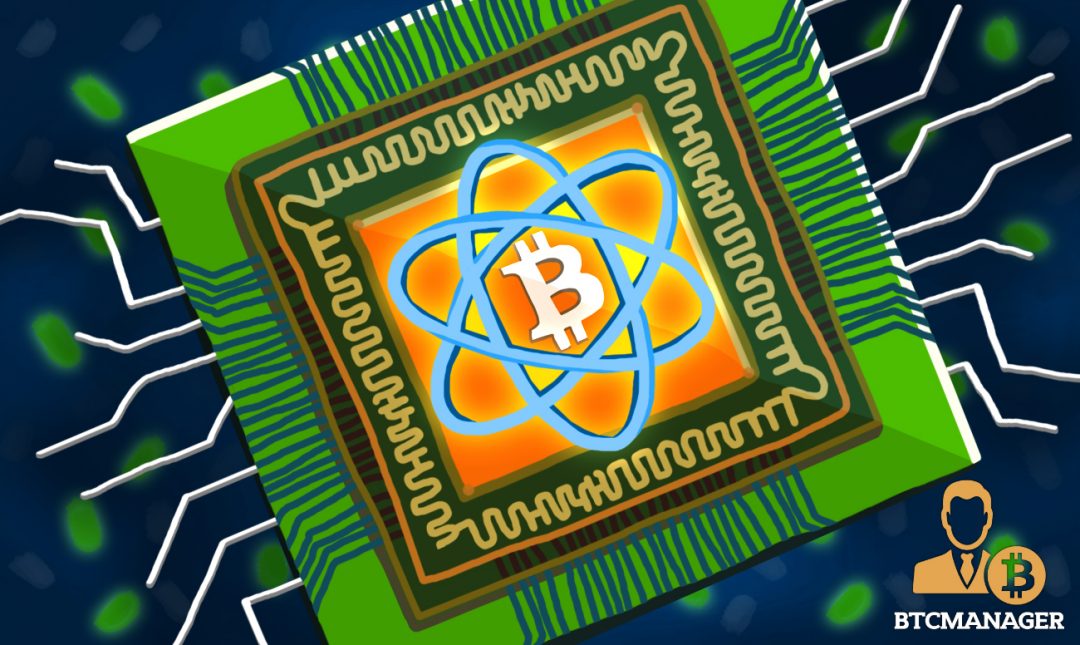Quantum Computing Can Disrupt Bitcoin

BTC has gone from an extremely niche idea back in the early 2010’s to a multibillion-dollar force of nature that garners headlines from big news agencies regularly.
Humble Beginnings
During the beginning of 2017 BTC’s price was an astounding $1,000 but then exploded even farther by the end of the year hitting nearly $7,000. However, the future is still uncertain. As it has grown in size and value, it has earned the attention of everyone, including criminals, who may want a piece of the pie by any means necessary.
One of the biggest reasons people have been so accepting of Bitcoin is the security it provides. The algorithms of the blockchain are more difficult to hack than traditional financial institutions.
The blockchain is built upon a series of mathematical tasks that are forced into existence, one on top of another. Mining is the process by which we generate the answer to these functions, the nonce, and once found a new block is formed.
Quantum Computing & Double Spending
Enter the looming threat of the quantum computer. Theoretically, these kinds of mathematical algorithms could be solved quite quickly by these types of machines which work on non-binary principles. This means there is an exponential increase in the speed of these computers that could have a massive impact on security as a whole.
If a single entity can overtake 50% of the computing power threshold, as in they own over 50% of the networks computing power, they can control the transactions on the blockchain by solving the mine blocks faster than anyone else. From their, said entity could potentially delete transactions before they show up on the blockchain. This process is called double spending as it gives the entity the ability to spend a single bitcoin twice if they so choose.
Fortunately, PC chip estimates that quantum computers will not pose a risk for at least the next ten years. Normal chips will still outpace them during that period. However, another more immediate threat is out there. That of a quantum computer being able to decrypt private keys.
Private Keys
A user generates two keys: a private one and a public one. The relationship between the two is critical in understanding the threat posed by quantum computing. More importantly, the direction in which the two keys are generated is critical in understanding it’s depth of security:
The public key can be easily generated from the private key, but not vice versa. A signature can be used to verify that the owner holds the private key, without revealing the private key, using a technique known as an elliptic curve signature scheme…The only way to cheat this system is to calculate the private key using the public key, which is extremely hard with conventional computers. But with a quantum computer, it is easy.
Ideally, algorithms will be updated before that time comes. It is indeed a real threat, no matter how science-fictional it all sounds. But, if it makes you feel better, pretty much all banking, financial, or really anything that uses encryptions is at a major risk to these types of attacks.
So sleep soundly knowing that BTC is safe for now and most likely will adapt to the oncoming storm of quantum computers. How will other financial institutions handle it? Well, only time will tell on that one.















